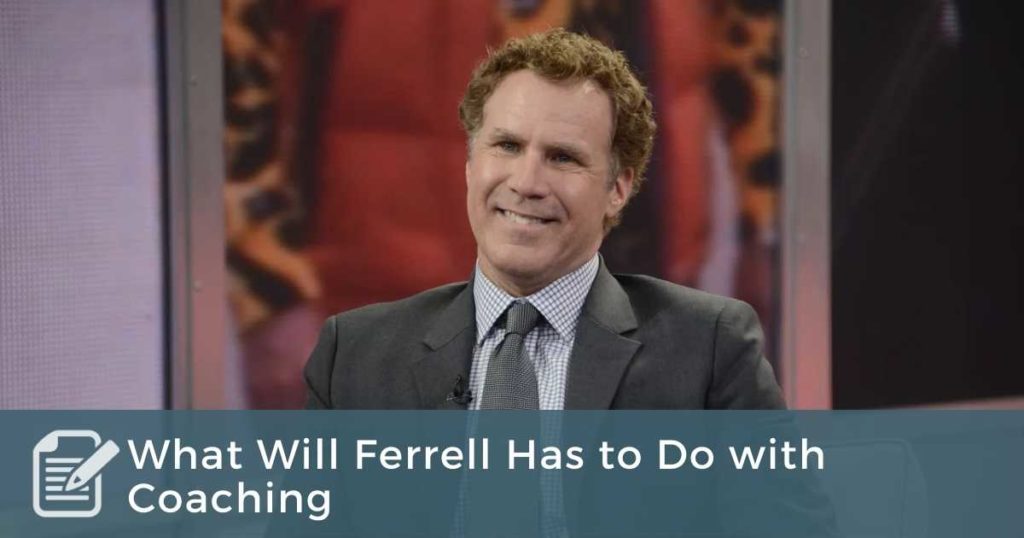Okay, I admit it: I love Will Ferrell movies. While sometimes a little too off color, I enjoy the antics of the crazy characters Ferrell plays – characters he describes as having “unearned confidence.”

Unearned confidence. That two-word phrase brings up all kinds of images, some of which are not nearly as funny as Ricky Bobby or Ron Burgundy. Confidence alone is not enough, and it can sometimes even prove harmful. The truth is that confidence needs to be backed up by competence, even in coaching.
When training coaches, we sometimes get leaders and successful professionals who just assume they are good at coaching – after all, they are good at most everything else. Sometimes they boldly do what they think is right and call it good coaching, but it’s not. It’s telling or preaching or problem solving or advising or even counseling, but it’s not coaching. No matter how confident they are, it’s still not very effective.
But the flip side is also the case. Coaches who’ve been trained and are actually good coaches, but who lack confidence are not very helpful either. I’ve come to think of confidence as the “dimmer switch” on a coach’s competence. If you want your coaching to have maximum benefit, you have to dial up the confidence. Your coaching will shine only as brightly as you show up.
The ICF core competency of Coaching Presence expressly states that coaches should “employ a style that is open, flexible, and confident.”
Confidence is a poor substitute for competence, but without confidence the rest of your coaching competence will do very little to help those you coach. So let me encourage you to do three things:
First, coach more. Neither confidence nor competence is sold in a bottle or downloaded off the internet – both come from experience. So coach whomever you can coach in order to build your competence and boost your confidence.
Second, conduct a competence assessment for your coaching. Review the core competencies and perhaps even hire a feedback coach to help you know how well you are doing. An honest assessment of how well you are coaching can help raise your confidence as well as help you see where improvement is needed.
Third, experiment with showing up with more confidence. Confidence is not cockiness or arrogance; it’s just faith in your ability, faith in the coaching process, and faith in your client – all of which combine to create value for those you coach.



